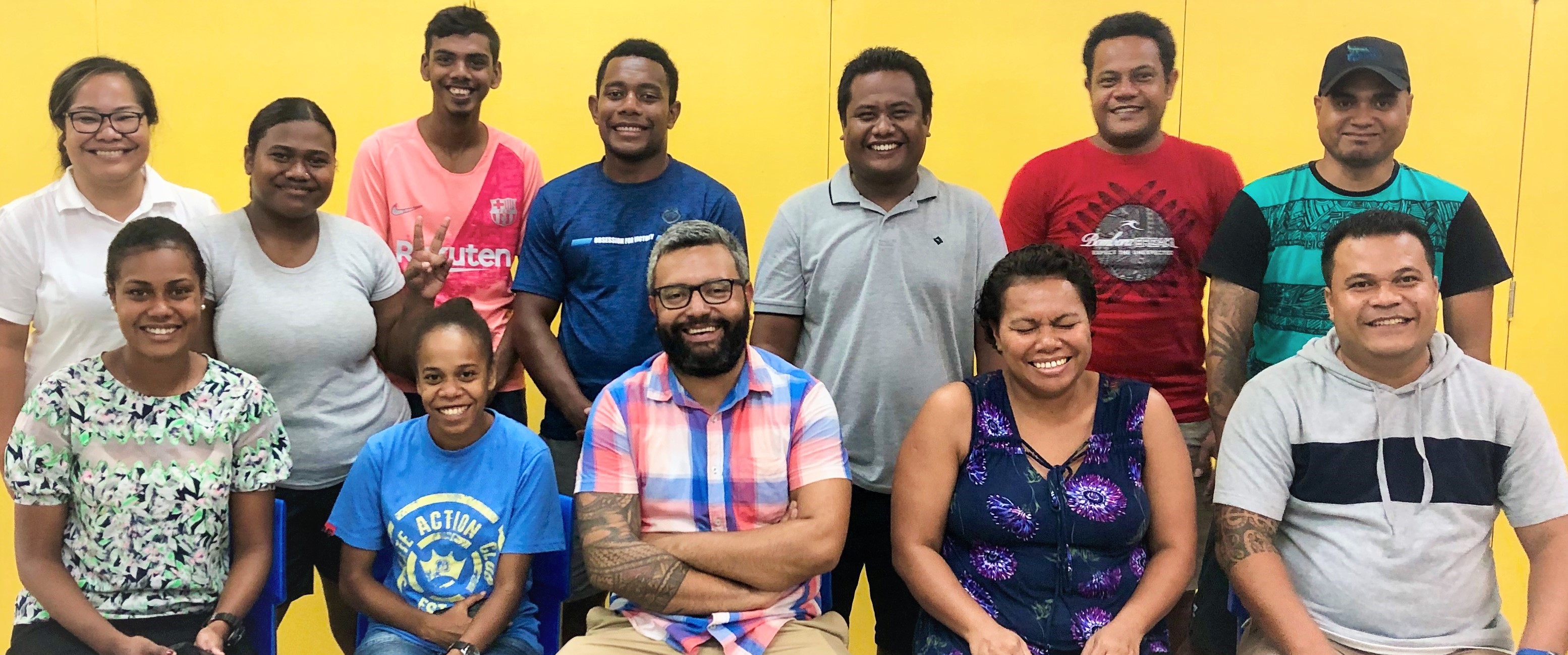Oceans Governance is a 3rd year undergraduate course offered by the School of Marine Studies, within the University of the South Pacific (USP).
Oceans Governance attracts a number of motivated students from a variety of Pacific Island Countries who frequently bring years of professional work experience to compliment their future careers as marine managers and decision makers. Oceans Governance complements the 2nd year undergraduate course in “Law of the Sea”. Both courses are designed by the highly regarded law of the sea and fisheries legal expert, Mr Pio Manoa who is currently working with the Forum Fisheries Agency.
While our firm has been privileged to coordinate and teach Oceans Governance and Law of the Sea for the last 3 years - to reflect the multi-disciplinary nature and broad topic that is Oceans Governance - a variety of guest lecturers have complimented the course. As well as adding interest and providing inspirational talks for the students this demonstrates the depth of knowledge and expertise in the Pacific. In this brief overview of the course we draw specific attention to the expertise of the visiting lecturers and the efforts made by the talented students of USP and how we think this bodes well for the Pacific region in the future.






.png)